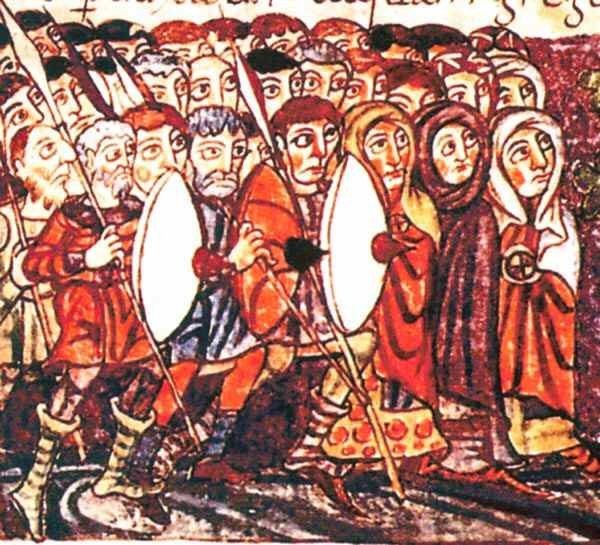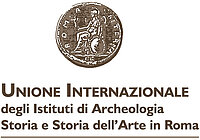COMMUNAUTES. In search of communities in the Early Middle Ages: forms, practices, interactions (6th-11th centuries)
- Section: Middle Ages
- Directors: Geneviève Bührer-Thierry, professor at Paris 1-Panthéon-Sorbonne University, LAMOP UMR 8589; Cristina La Rocca, professor at the University of Padua, director of the Doctoral School of History-Geography-Anthropology of Venice-Padua-Verona
Presentation
The focus will be on small communities based on common practices at a local or regional scale, looking for their constituent elements. The exogenous notion of “community” makes it possible to steer the research not towards its “essence”, but towards the modalities of its implementation (through the lived space, the construction of memory, etc.) and to assess if the expression of identity is conscious or if it is created by an outside agent (such as paying the same tax, or having to fight etc.).
A review of the historiography reveals two main research directives: the identification of religious communities within society; the study of the institutionalization of communities. Although communities do not represent legal bodies before the 12th century, certain historians nevertheless speak of “communities” from the High Middle Ages, in relation to the territory and with the emergence of the seigneury. W. Davies uses the concept of community territory to emphasize the fact that peasant property is not a series of isolates but constitutes a network of interrelations.
The scientific interest of such a study is based on the discussion of concepts from the social sciences such as the flexible notion of “community of practices” (E. Wenger): the members of a community are gradually “trained” through their increased participation with the group activities. Their interactions with experienced members gradually transform them into full members, capable in turn of training new members. We will also consider the modes of construction but also of dissolution/destruction of communities: standard construction, by processes of exclusion and inclusion, by the constitution of a hierarchy. Finally, we will tackle the crucial question of ideal communities: the study of the discourses that legitimize the community will shed light on the way it represents itself, reproduces itself, transmits its own memory and guides the construction of the identities of the subjects within it.
The project has already held three meetings, the programmes of which are listed below, currently being published by Brepols Publishers (Haut Moyen Âge collection). The next meeting will take place in Farfa in October 2019 around the theme: “Acting in common”.
Links
- Programme du colloque sur les Communautés maritimes et insulaires du premier Moyen Âge (10-11 mars 2017) [Programme of the conference on the Maritime and Island Communities of the First Middle Ages, March 10-11, 2017]
- Programme du colloque sur les communautés menacées au haut Moyen Âge (28-30 septembre 2017) [Programme of the symposium on threatened communities in the early Middle Ages, September 28-30, 2017]
- Programme du colloque sur la Mémoire et communautés au haut Moyen Âge VII-XIIe siècle (13-15 septembre 2018) [Programme of the conference on Memory and communities in the early Middle Ages VII-XIIth century, September 13-15, 2018]
Partners
France
- Université de Lille III
- Université du Littoral-Boulogne-sur-Mer
- Université Lyon II
- Université Paris1-Panthéon-Sorbonne, LAMOP UMR 8589
- Université Paris-Ouest-Nanterre
- Université de Reims
- Institut universitaire de France
Italy
Germany
Calendar of events
- 10-11 mars 2017 à Boulogne-sur-Mer : « Communautés maritimes et insulaires dans le haut Moyen Âge » [March 10-11, 2017 in Boulogne-sur-Mer: "Maritime and island communities in the early Middle Ages"]
-
28-30 septembre 2017 à Tübingen (Eberhard Karl Universität) : « Les communautés menacées au haut Moyen Âge » [September 28-30, 2017 in Tübingen (Eberhard Karl Universität): "Communities under threat in the early Middle Ages"]
















